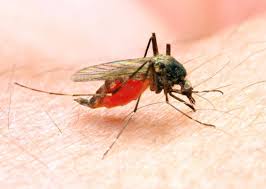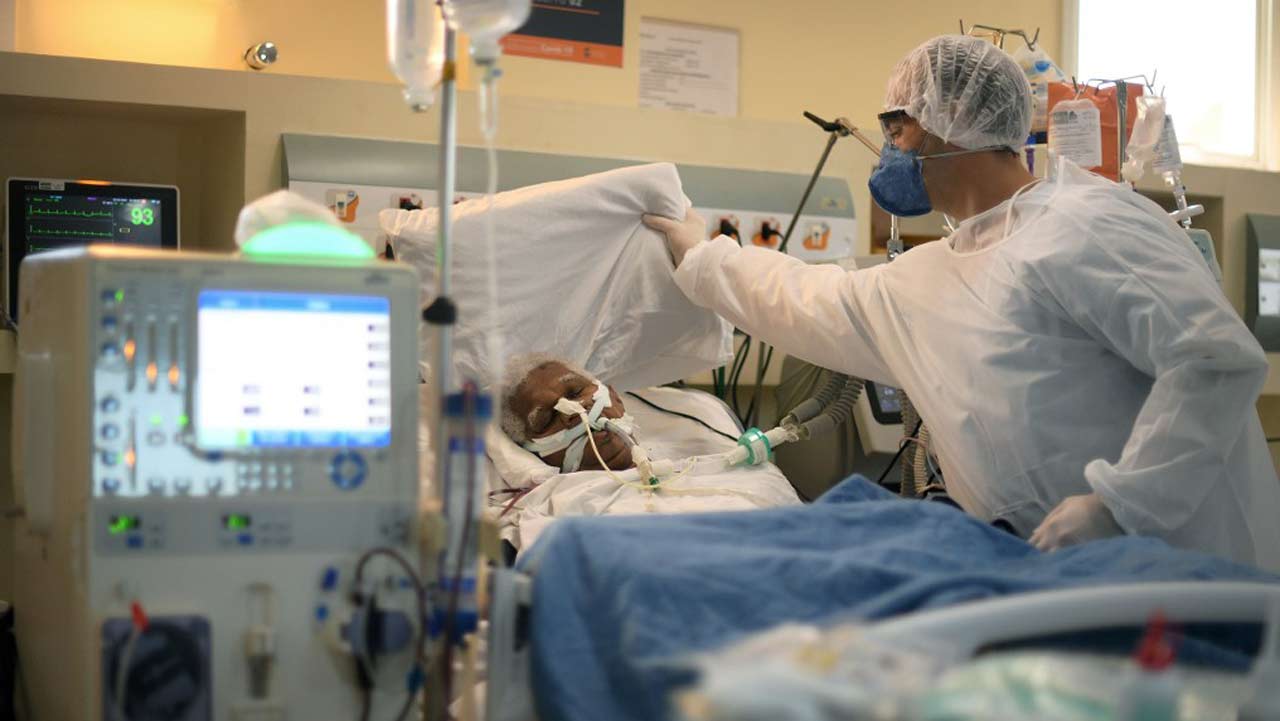The federal government yesterday raised the alarm over the unhealthy status of smuggled rice being imported and dumped in the country.
The minister of Information and Culture, Alhaji Lai Mohammed, disclosed this while addressing journalists in Lagos urged Nigerians not to consume them.
He said with his purposeful leadership, President Muhammadu Buhari has consistently said that the nation must produce what it consumes.
 The minister appealed to Nigerians to complement the efforts of the government by consuming only locally grown and processed rice. He said, “It is fresher. It is tastier.
The minister appealed to Nigerians to complement the efforts of the government by consuming only locally grown and processed rice. He said, “It is fresher. It is tastier. It is healthier. It has not spent months on the high seas and warehouses. We don’t know where or how imported rice is made or how old it is? It is reported that most of the rice dumped on us are old and probably rejects.
“The citizens of those countries do not eat this rice. The citizens of Benin also do not eat it. But they send it to us. Unhealthy foods are dangerous to health. So, let’s eat what we can vouch for.
“But Nigerians should remember that every time they eat imported rice, they are eating the jobs that would have been created for Nigerians and instead funding the creation of jobs in the source countries.
Just imagine that less than three years into the rice revolution, millions of jobs have been created in the whole value chain”.
The minister lamented that rice smuggling is the biggest challenge facing rice production in Nigeria. He stated:
“According to the Rice Millers Importers and Distributors Association of Nigeria (RIMIDAN), over two million metric tonnes of parboiled rice were smuggled into Nigeria in 2017. Smuggled rice is primarily sourced from Thailand and India and comes into Nigeria through the country’s borders with Benin, Niger and Cameroon.
“Let us look at rice smuggling through Benin. The total demand for white rice (white rice is consumed in Benin, against parboiled rice in Nigeria) is 400,000 metric tonnes.
Yet the country, with a population of about 11 million, imports between 1m and 1.2 million metric tonnes of rice annually. Who are they importing for?
“Nigerians of course. In fact, as Nigeria’s rice import falls, Benin’s rice import increases. Most of the parboiled rice imported by Benin eventually lands in Nigeria through smuggling.
“Both Cameroon and Benin Republics have lowered tariff payable on rice to zero and five per cent respectively to encourage importation and subsequent smuggling of the product into Nigeria.”
Mohammed said the agricultural revolution in general and the rice revolution in particular have taken millions of Nigerians out of poverty.
“As a matter of fact, today, 60% of rice eaten in Nigeria is produced in Nigeria. In the words of the rice processors, the rice revolution alone is enough to guarantee re-election for President Buhari, if he decides to run again!” He noted.
The minister added that the result is the exponential growth in local rice production that has moved the nation closer to ending rice importation.
He said within two years, rice importation from Thailand fell from 644,131 Metric Tons (in September 2015) to 20,000 MT (in Sept. 2017).
His words: “That’s over 90% drop! Let me put things in perspective. So far, less than 100 billion Naira has been spent on the Anchor Borrowers’ Programme that has achieved so much.
“Meanwhile, in April 2008, the federal government had to quickly release 80 billion Naira from the Natural Resources Development Fund to import 500,000 MT of rice in order to cushion what it said was the effect of a global disaster.
Imagine that we have ploughed that money into rice production in 2008! We would have been exporting rice by now. Our target is to achieve self-sufficiency in our paddy rice production by 2020.”
Mohammed further hinted that Nigeria’s current rice consumption is approximately 6 million metric tonnes of milled rice.
He said, “In 2015, Nigeria produced 2.5 million metric tonnes of milled rice. By 2017, it rose to 4 million metric tonnes, leaving a gap of 2 million metric tonnes. Our target is to fill that gap by 2020.
“In 2015, there were only 13 integrated mills. By 2017, the number rose to 21, after eight more were added. The new investments were made when Nigeria was in recession, indicating investors’ confidence in President Buhari and the Nigerian economy.
“The investments have not stopped. 15 more mills are about to take off, including the Dangote Rice Mills to be established in six states with a total capacity of about 1 million metric tonnes.”
The minister said RIPAN’s total investment in the Nigerian economy is in excess of N300 billion, adding that the upcoming investments will amount to N250 billion.
By: Tunde Oguntola
Leadership News
ABUJA: Training Schedule for Basic Life Support BLS, Pediatric Advanced Life Support (PALS), Advanced Cardiovascular Life Support ACLS, First Aid, CPR, AED
PORTHARCOURT: Training Schedule for Basic Life Support BLS, Pediatric Advanced Life Support (PALS), Advanced Cardiovascular Life Support ACLS, First Aid, CPR, AED
LAGOS: Training Schedule for Basic Life Support BLS, Pediatric Advanced Life Support (PALS), Advanced Cardiovascular Life Support ACLS, First Aid, CPR, AED




